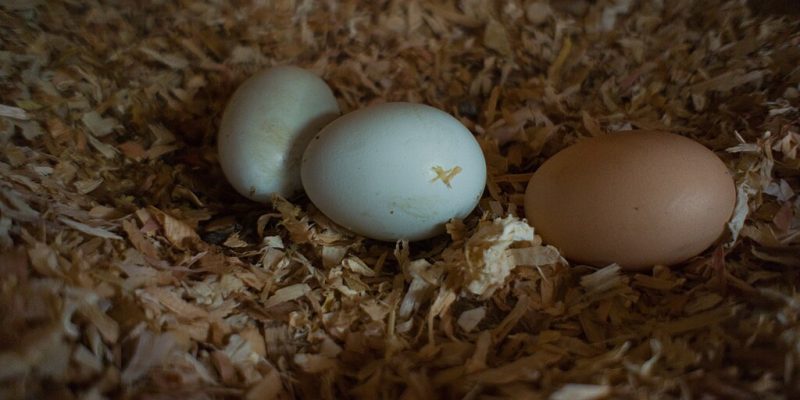
Inflation has pushed the price of basic food necessities into the stratosphere, and because of avian influenza, millions of chickens were euthanized this past year increasing the price of a dozen organic eggs to over $7.00. This caused many Gardiner residents to be motivated to try raising backyard poultry. Seriously, it seems like every other person you talk with has started or is starting to raise chickens, ducks, geese, guinea fowl, and sometimes, turkeys. When you think about it, with today’s prices, who wouldn’t want to raise a few chickens? There are many upsides to raising poultry, first of which is enjoyment; people enjoy raising baby chicks, ducklings, goslings, keets, and poults. They are adorable, soft, and fluffy, and eventually when they grow up, they give fresh eggs. In the last century when farming was the main pursuit in this area, the knowledge of how to manage livestock was handed down from generation to generation, but there’s been a gap since then and now, instead, there’s Google, YouTube and TikTok to educate the poultry naïve, and every year people are getting sick from bird-borne germs that can cause a variety of illnesses ranging from minor skin infections to serious illnesses that may cause death. Now, compared to COVID-19, getting sick from a chicken may seem almost ridiculous, but like COVID-19, the CDC has guidelines to prevent poultry-related infection, loosely summarized below:
- Don’t kiss backyard poultry or snuggle them and then touch your face or mouth. (This one is easy as I’ve never had a bird willing to kiss me, but it may be a hardship for those with affectionate birds.)
- Don’t let backyard poultry inside the house, especially in areas where food or drinks are prepared, served, or stored. (Only dead chickens are allowed in the kitchen, and no geese in the bed–there’s only room for the dogs.)
- Don’t eat or drink in areas where poultry live or roam. (Coop-side soirees, even socially distant ones, are out.)
- Set aside a pair of shoes to wear while taking care of poultry and keep those shoes outside of the house. (Alert to Gardiner inventors: I googled “outdoor shoe garage” and came up empty.)
- Stay outdoors when cleaning any equipment or materials used to raise or care for poultry, such as cages or food and water containers. (May be a challenge during a NY winter, but OK.)
- Safe egg handling is also important because eggshells may become contaminated with Salmonella and other germs from poultry droppings (poop) or the area where they are laid; CDC recommendations include:
- Keep a clean coop. The cleaner the coop, the cleaner the eggs.
- Collect eggs often. The longer they sit, the dirtier they get. Throw away cracked eggs; bacteria on the shell can more easily enter a cracked shell.
- Don’t wash warm, fresh eggs in water that is even 10-degrees colder than the temperature of the egg because doing so can pull bacteria into the egg. Eggs with dirt and debris can be cleaned carefully with fine sandpaper, a brush, or a cloth
- Refrigerate eggs after collection to maintain freshness and slow bacterial growth.
- As with all raw animal products, it is safest to cook eggs to an internal temperature of 160°F (71°C) or hotter to kill potentially harmful organisms.
For more info: Centers for Disease Control and Prevention www.cdc.gov
